With the transition of the Nigerian National Petroleum Corporation (NNPC) to the Nigerian National Petroleum Company Limited on Tuesday, the company has now become a more responsive and accountable private company that must deliver value and dividends to its shareholders, the new Group Chef Executive Officer, Malam Mele Kyar has sad.
In terms of good corporate governance to influence its decisions and polices, meeting international standard practices and delivering value, Kyari is confident that the company is now on an even keel, Persecondnews reports.
Speaking to State House correspondents shortly after the unveiling of the NNPC Ltd by President Muhammadu Buhar at the Villa, Kyar sad:“Beyond this, all eyes are now on the ball, the shareholders are expecting that you delver value to them. lt will translate into two forms. One they must see dividend and two we must deliver energy n this country and that s what the stakeholders are looking for.
“And this company is now in a position to do both of them – a company that can act quickly, borrow money quickly and return people’s money quickly and can also make decisions quickly.
“And also n the best position to get the best of class of people that you can find anywhere n the world injecting into the company and making sure that it works for everyone.
“I’m sure that Nigerians will see a different company in the coming months and of course, we are convinced by md of next year, the company will be IPO ready.’’
Explaining what IPO means, Kyari said:“ IPO means that you have systems, processes, assets, profitability and a company that is accountable to its shareholders and stakeholders. That is what IPO s looking for.
“Today the government has transferred those assets to the NNPC; we have ample assets. There is no company in Nigeria and of course Africa that has that type of assets. With best processes and people that we have, definitely getting IPO is very close by.
“Getting IPO means Yes this company will not lose money, will deliver value to us and also deliver energy to us and we will put our money into it.’’
On Sovereign guarantee, Kyari said with the huge asset base, NNPC Ltd would not need sovereign guarantee, stressing that lenders will only ask for sovereign guarantee if a company does not have access to the assets.
“Today, the assets are in our books, in our records and have been transferred to us; that is what the banks are looking for,’’ Persecondnews also quotes the NNPC GCEO as saying.
On fears of possible job losses post-transition to company, Kyari clarified that NNPC’s workforce is not bloated, saying with just 7,000 staff and the programmed expansion, more staff will be recruited.
“The law has provided that no one is going to leave the company; everybody’s work is preserved, benefits are preserved. There is no matter of concern for the employees of this company.
“What I mean by a smart NNPC is that you must change your organizational structure; you cannot do what you are doing today and get a different result.
“Therefore, you can move people to locations where they are required; skills are changed, we will bring up new competencies and we can train them as we have the ability to train them. Today you cannot find the type of skills we have in NNPC.
On NNPC’s monthly contributions to the Federation Account Allocation Committee as a distributable pool for federal, states and councils, Kyari said NNPC, as a private company will cease to perform the obligation.
“We are now a private company. Will MTN go to FAAC? So no more FAAC. We will pay our taxes, we will pay our royalties and deliver dividends to our shareholders.’’
Also commenting on petrol subsidy, Kyari said it was not a matter for NNPC to decide but a decision of the federal government.
“Subsidy is not NNPC’s problem; it is a decision of the state and in every jurisdiction anywhere in the world and our country does not see it differently, some countries they put tax on petroleum on top of the market price of these products.
“When decisions are to be made in some jurisdictions, they reduce the level of taxation and that is also a form of subsidy.
“In some countries, you have zero taxation but you will pay the market price for the commodity That is a way in a fiscal system of looking at it from a subsidy point of view,’’ Kyari explained.
“In some countries, they will decide that I don’t want my countrymen to buy at market price and reduce the price for them.
“In our case, whichever way the decision and policy of the state is, the NNPC will deliver the product to the customers at the price the state wants. So it is no longer an NNPC issue, it will be happy to supply because we now see the state as our customer.’’











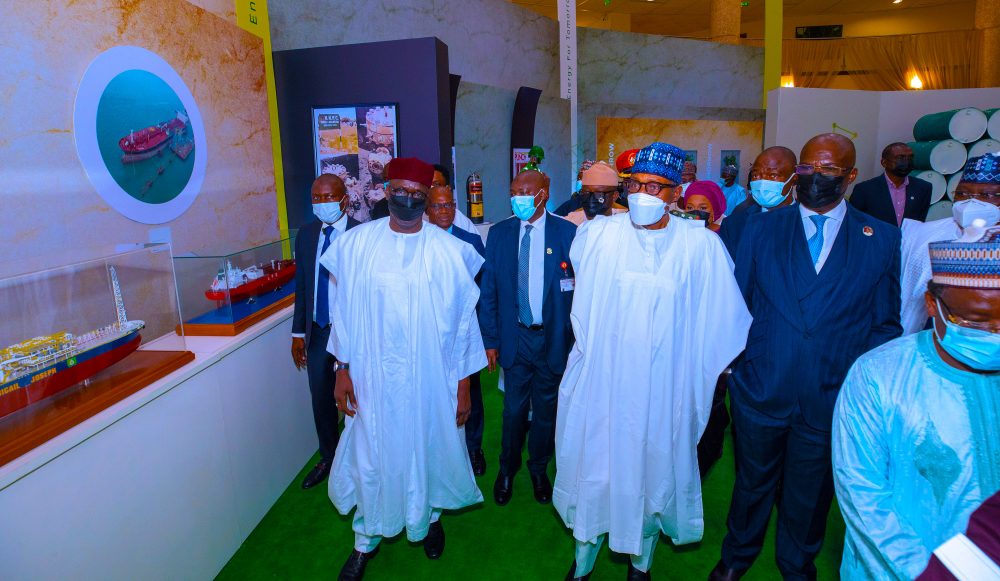

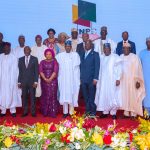





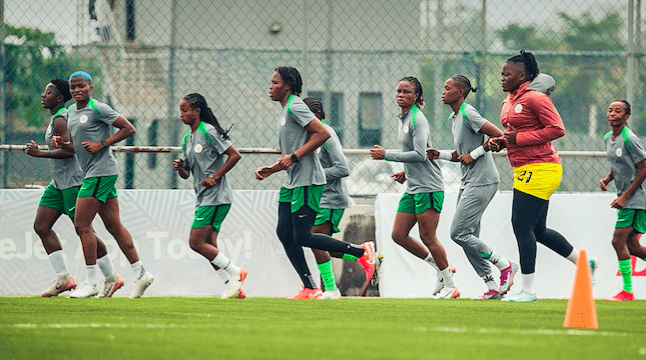
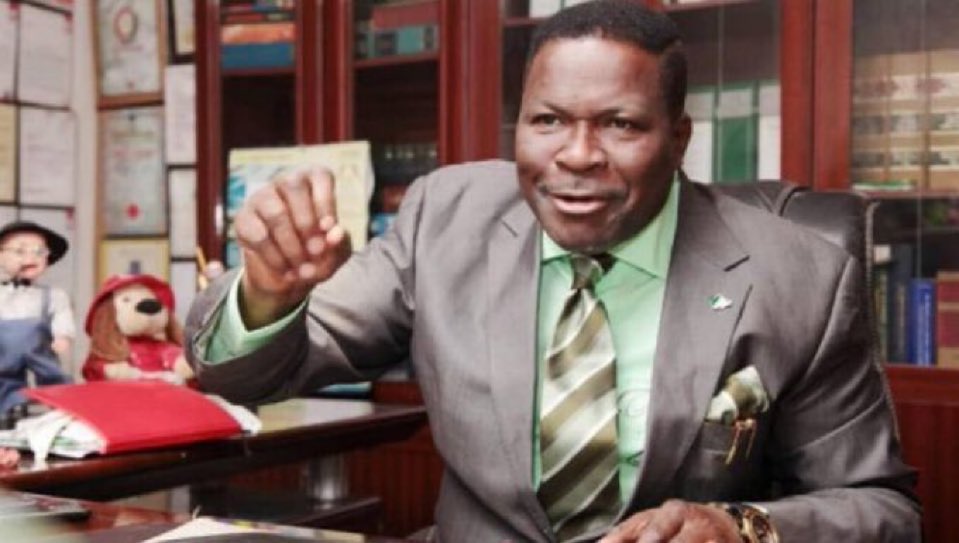
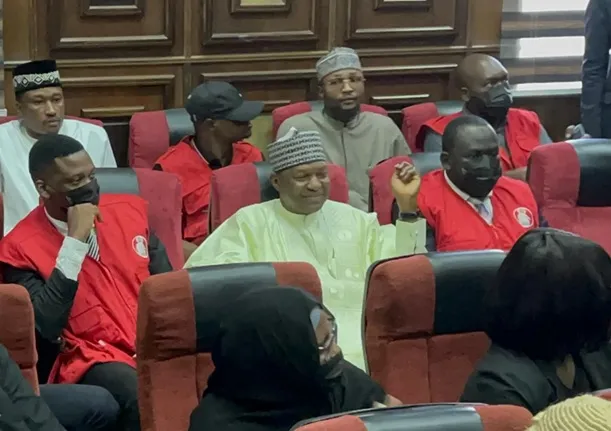
Leave a comment